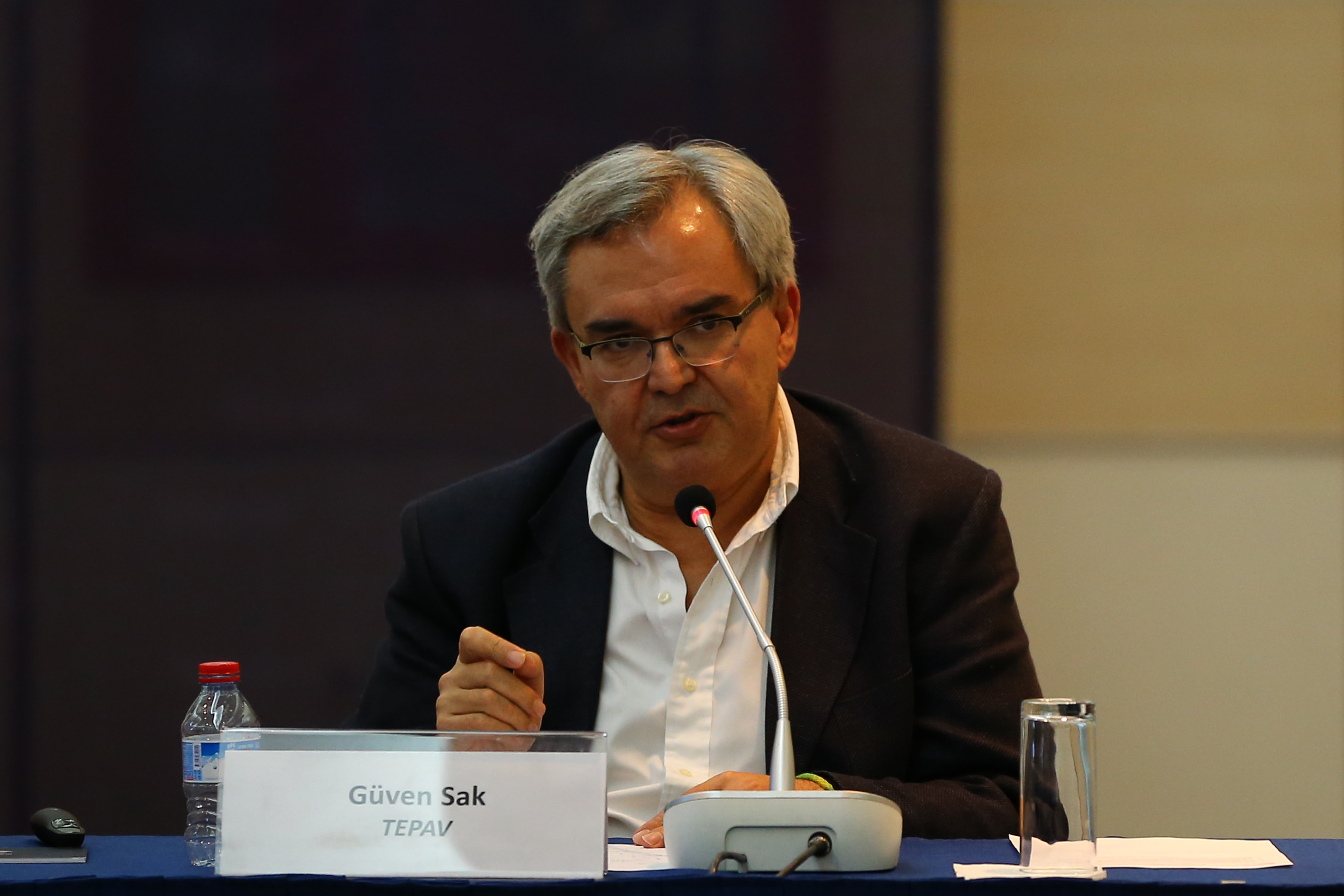
ANKARA – As the negative impacts of the coronavirus on economies are mounting by the day, G2O leaders will continue to work on a roadmap for global response to the pandemic.
The G20 finance ministers and central bank governors will hold meeting on Wednesday to form an action plan to combat the coronavirus crisis.
The G20 is set to gather at a time when the International Monetary Fund (IMF) projected the global economy would shrink by 3 percent in 2020 due to the pandemic.
The IMF’s latest report stressed that “it is very likely that this year the global economy will experience its worst recession since the Great Depression, surpassing that seen during the global financial crisis a decade ago.”
This is why the G20’s leadership in finding a sensible, more inclusive, human-centric global response to Covid-19 is considered a “difficult task” today.
Making up some 90 percent of global output, the G20 members’ efforts in tackling the crisis is in spotlight now.
“G20 is an important asset in this process and we need to remember how it was established at the outset,” Guven Sak, the managing director of Economic Policy Research Foundation of Turkey (TEPAV), told Anadolu Agency.
He said the G20 meetings started in 1999, in the wake of the 1997 Asian financial crisis, as an annual meeting of the treasury ministers and central bank governors of “economically relevant countries”.
Evolved into a summit for heads of governments following the 2008 crisis, the G20 has played an important role in enabling international cooperation, taking responsibility in guiding countries in times of crisis, he added.
G20’s pandemic moment
Sak pointed that the sudden stop the world economy facing now is different than the stops in 1997 and 2008 when the problems emerged in the financial markets.
“COVID-19 has stopped the economy by making it dangerous for people to cooperate in the same physical space,” he expressed, saying the issue is not the financial wizardry, but the physical things people do in order to produce wealth.
He went on by saying: “Just have a look at the G20’s lists of global risk assessments, and there is nothing on a pandemic, despite consistent warnings by specialists. We don’t have decades of economic research on what to do in this kind of a situation.”
This is the time for G20 to be more inclusive, he argued, saying the world needs a new policy mechanism and the formation of it falls on G20.
Policy coordination matters
According to Sak, the major issue that is being discussed in all the G20 capitals now is how to design global economic response because countries are only now realizing how deep this crisis could be.
“If the period is going to be lengthened, let’s say, one week, if it is not one month, if it is not one quarter or two, then we will start talking about big numbers, it’s not possible for any country to deal with them on its own,” he said.
This is the reason why a strong commitment to policy coordination to be shown by each G20 member state, Sak observed.
Drawing to some issues around the international trade, he said G2O is better to do some arrangements about protecting supply chains and ensuring smooth mechanisms for companies’ logistics.
He said with it would be way difficult for truck drivers, for example to move from A to B point, during the pandemic.
And in this case, he said, G20 should discuss how to design an internationally accepted health passport for the drivers or for people traveling between the countries for fostering the international trade.
He added that countries now are coming to a better understanding on all these issues.
“The pandemic is going to hit the developing world the hardest. That is why Covid-19 requires a global response, both in terms of health and economic response,” he concluded. (Anadolu)